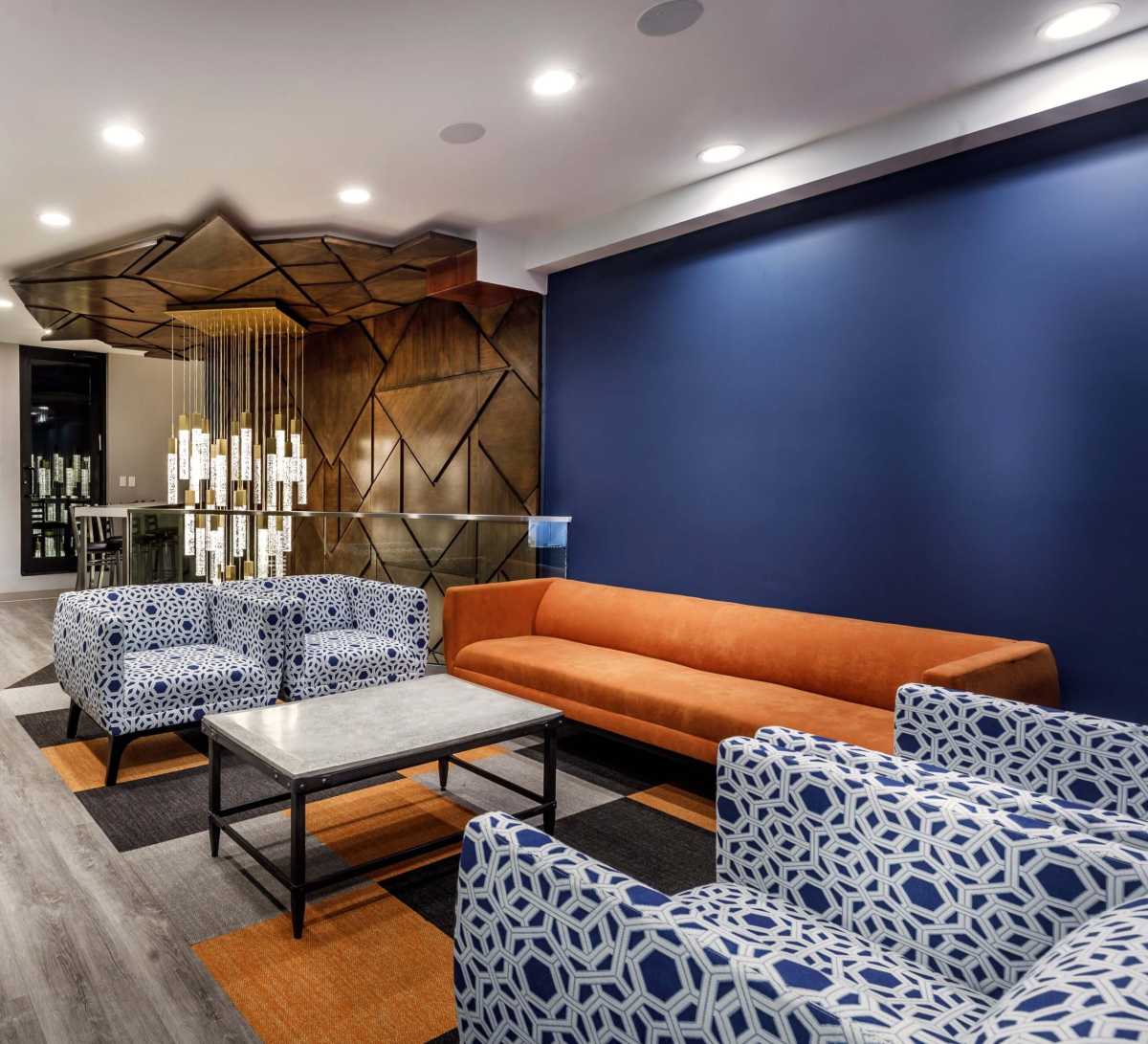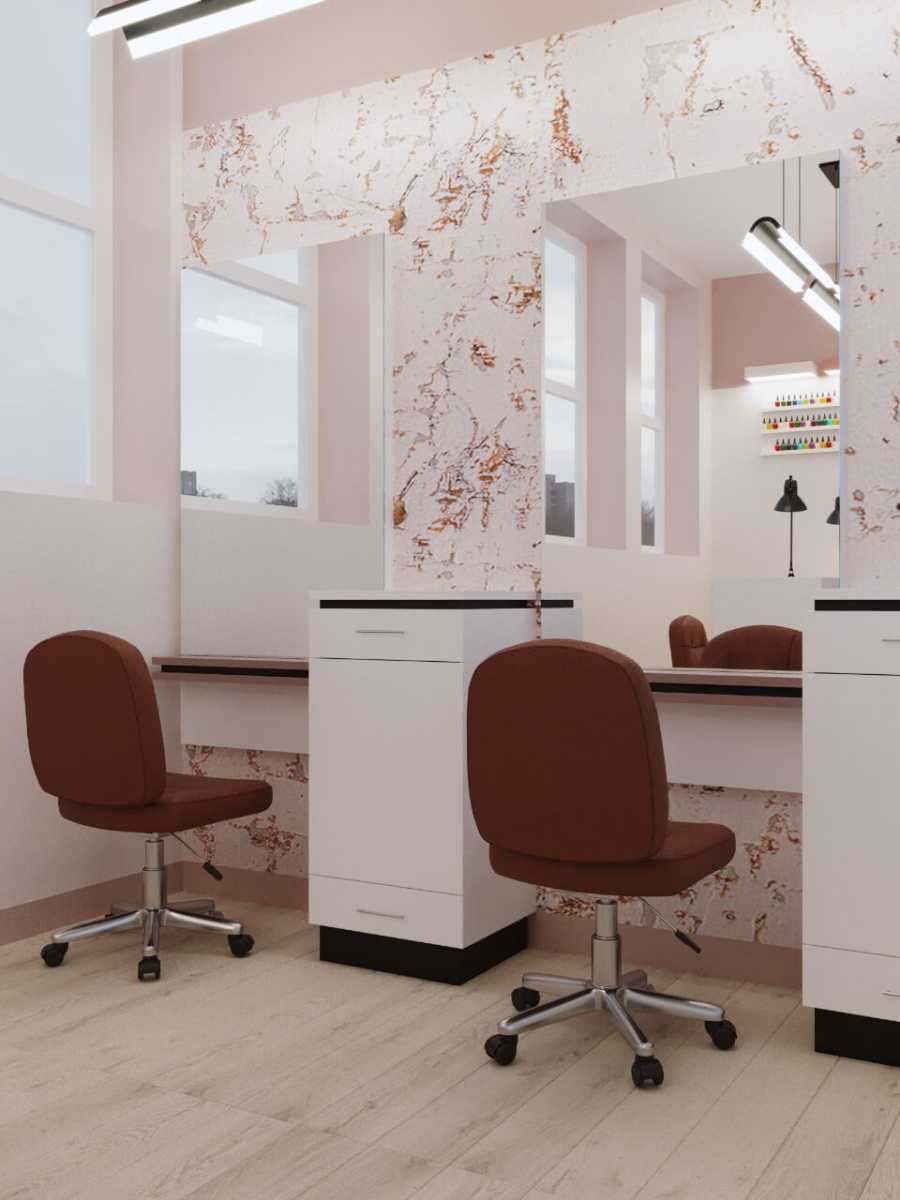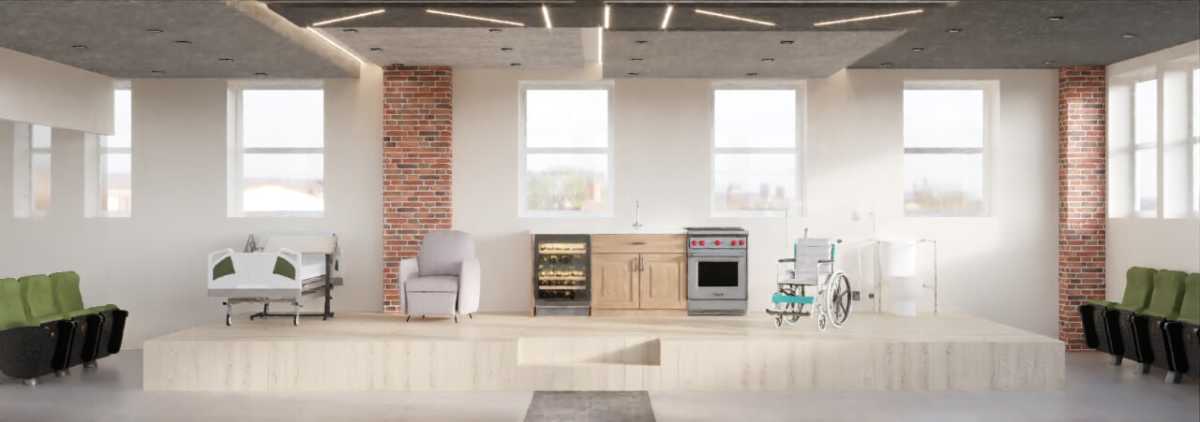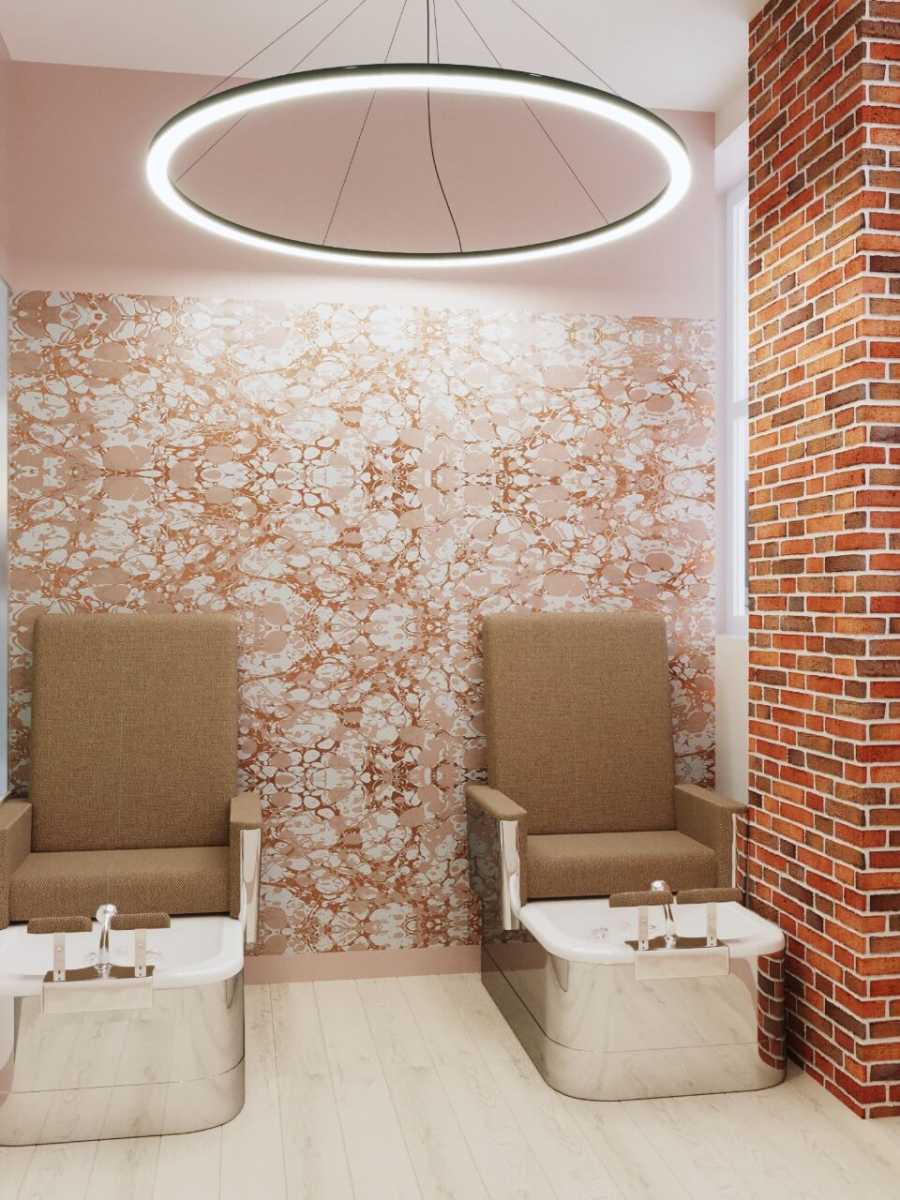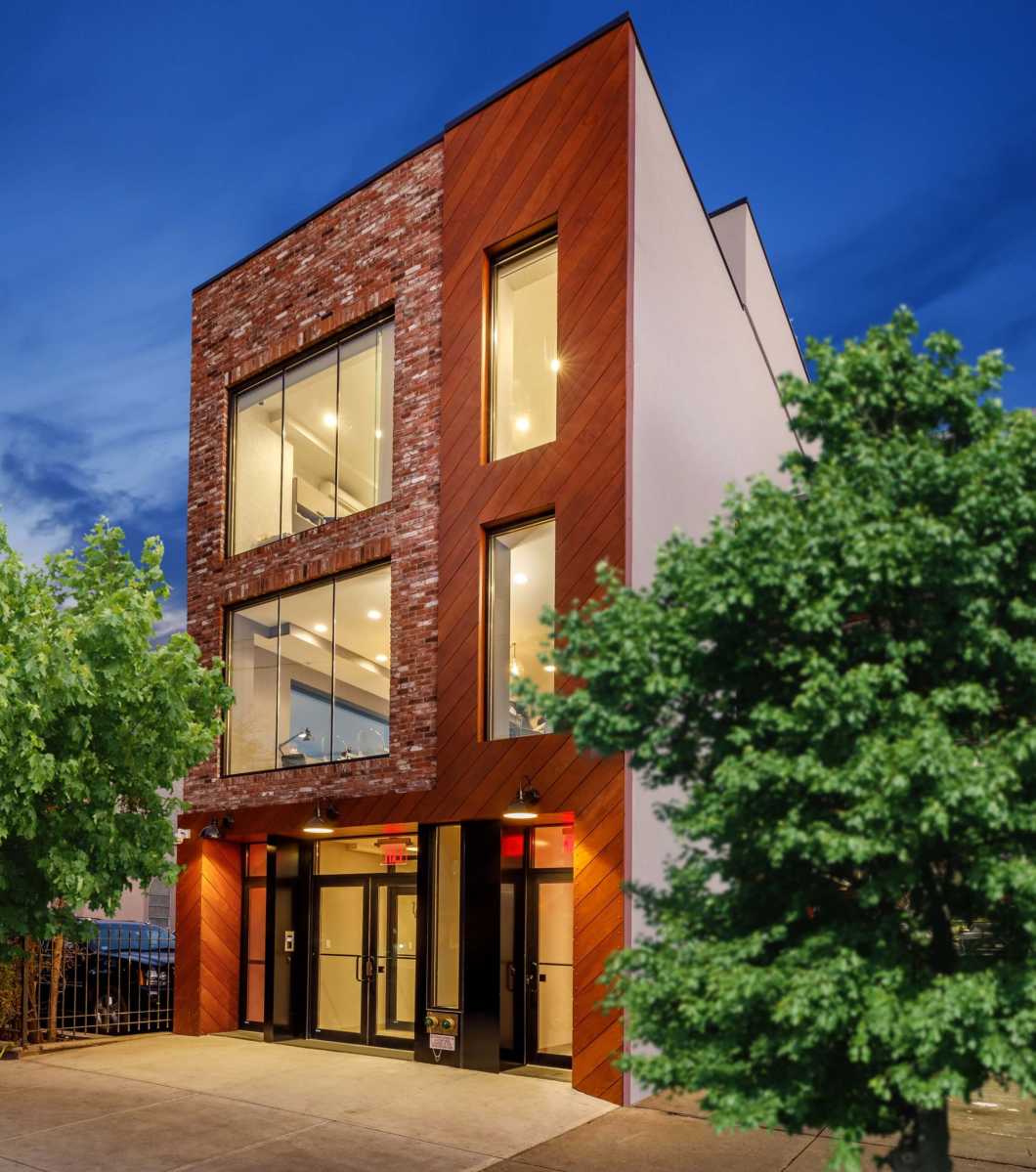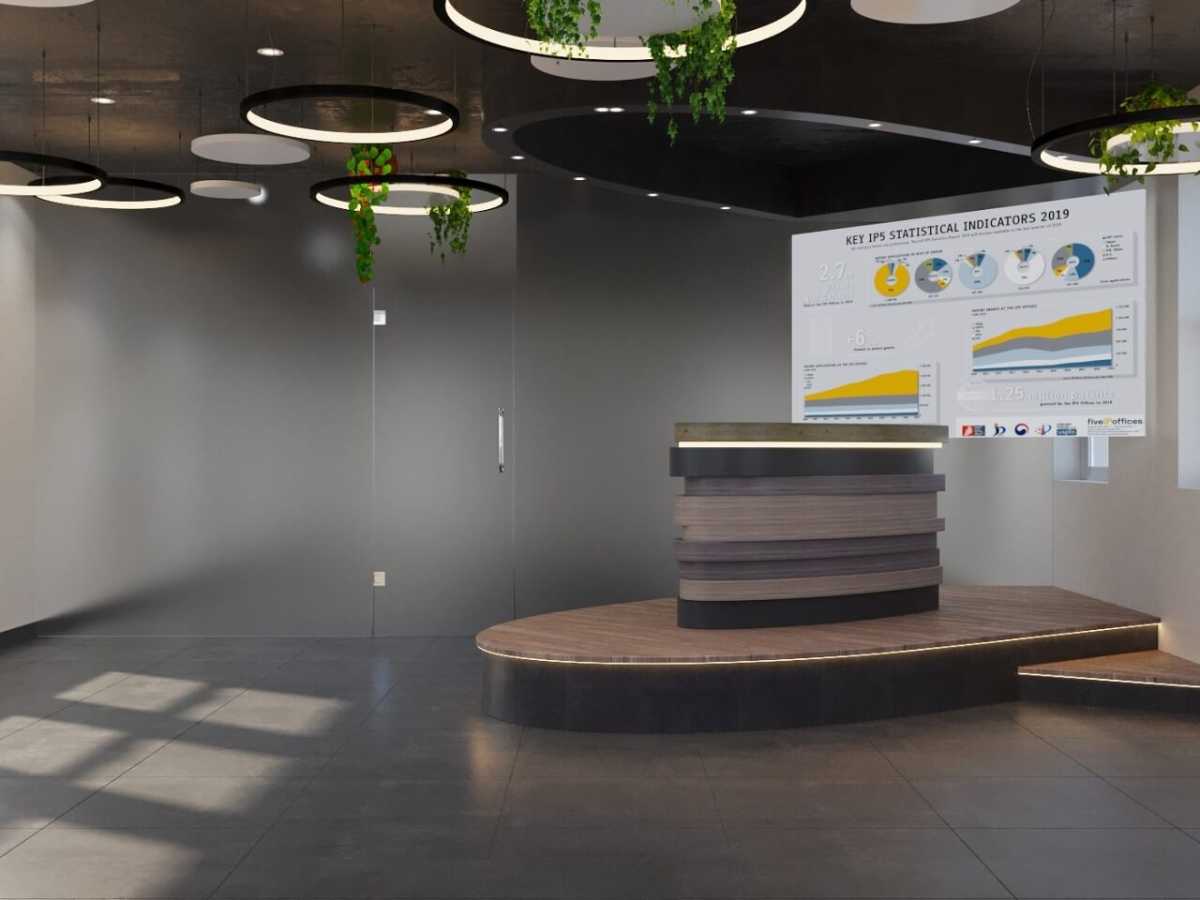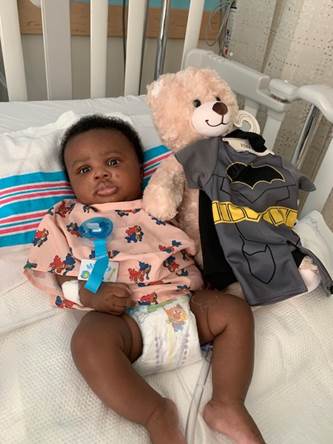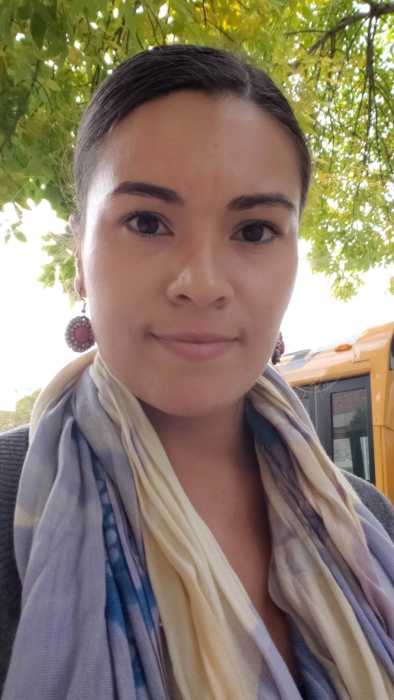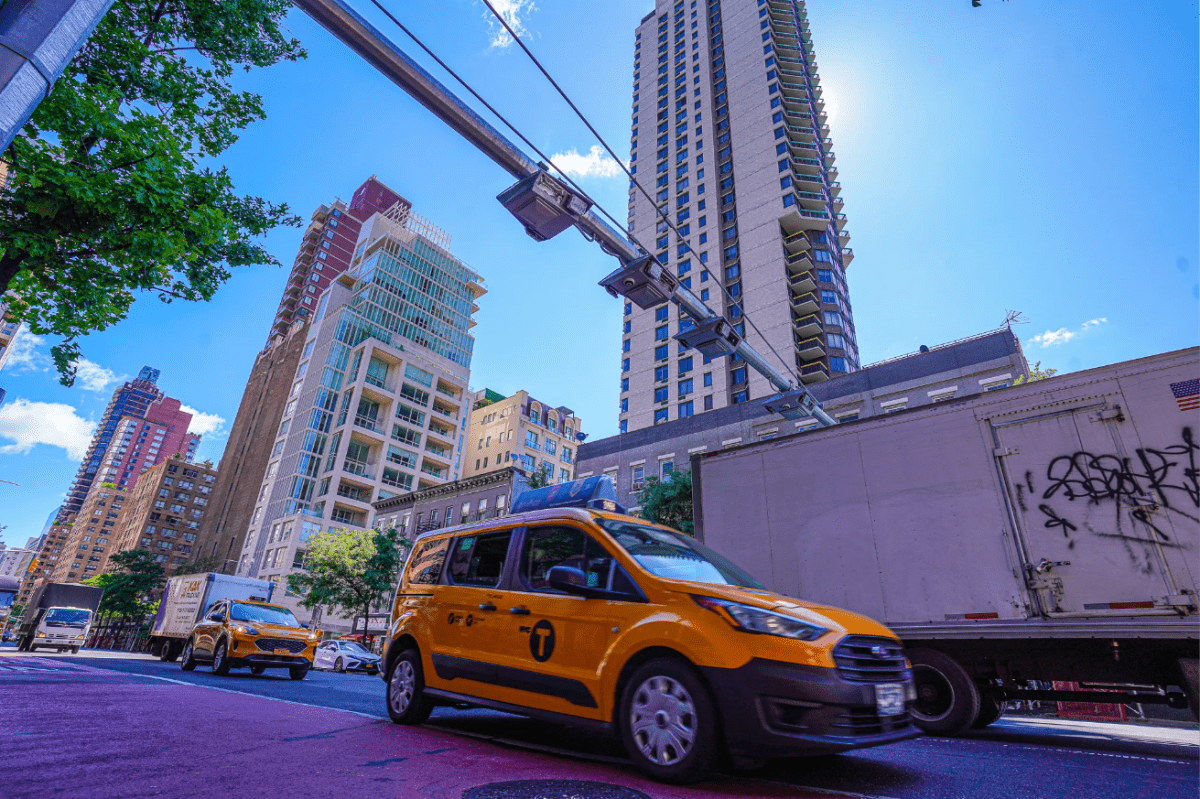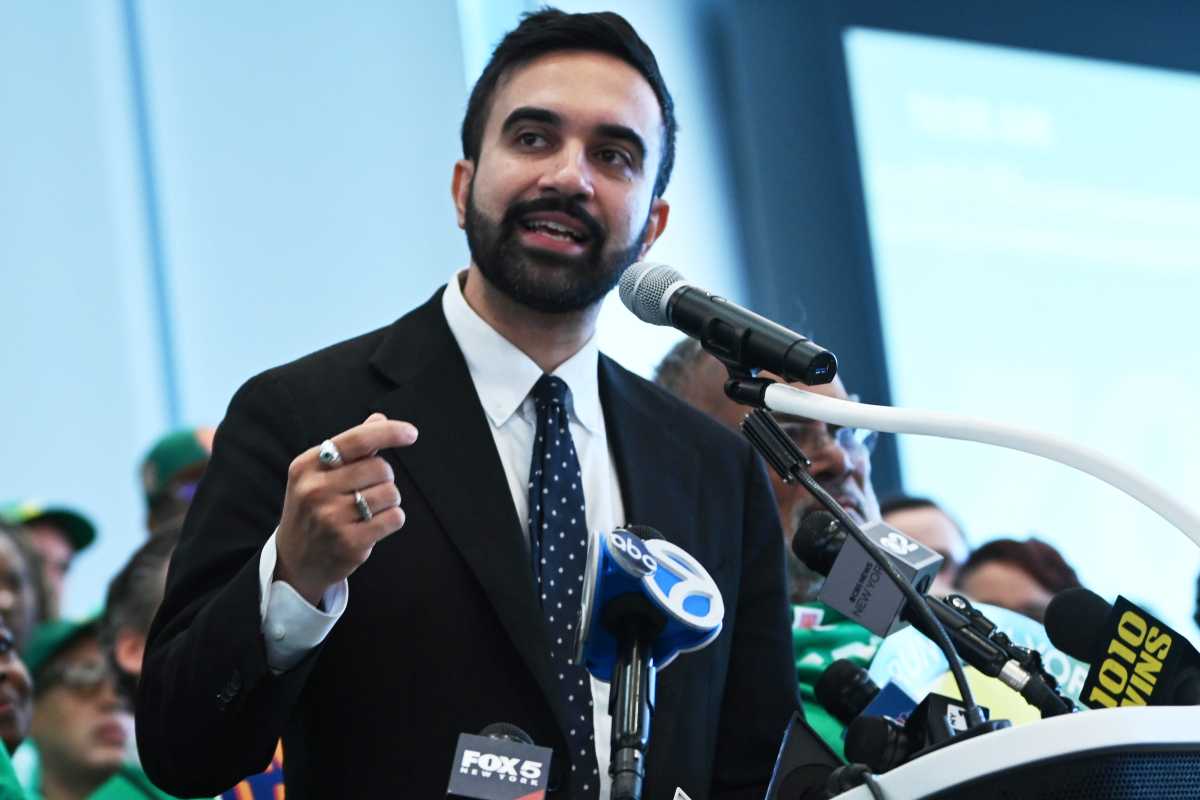When the home health aides for one of New York’s largest home care companies provide exceptional patient service, they get special treatment.
That’s because Royal Care operates a value-based rewards program where employees can earn complimentary aesthetic services at its You@Royal Perks facility in Brooklyn. In December, the company is taking the program a step further with the opening of a second center at 798 Southern Blvd., this time focused on employee health and wellness.
Over the past 25 years, Royal Care has earned a reputation as one of the New York metropolitan area’s most prestigious home care providers. Its services include companion care, live-in care, personal care, nursing and therapy.
“The jobs of our home health aides are incredibly demanding and can take a physical and emotional toll,” explained Josh Klein, founder and CEO at Royal Care. “These people are heroes. And at no time has that been more apparent than during this pandemic. We noted that there was a gap in our employee’s knowledge of self-care and decided to do something about it. That’s when we shifted the direction for our Perks Center in the Bronx.”
The Perks location in Brooklyn is a state-of-the-art complex where caregivers are pampered with beauty and lifestyle treatment sessions while the new Bronx site will cater to the overall wellness of the employees via continuing educational programs to allow career advancement, nutritional classes, meditation and yoga and a wellness café, the need for which, became readily apparent in the wake of COVID-19.
Various technology classes will be available at both Perks sites. A tech component has recently been added to the overall home health aide training program in order to help employees understand and utilize modern technology on-the-job as well as to support their career development for the long-term.
“Our Perks program was created to empower our people to give their best for those under their care and, in turn, we take care of them,” Klein said. “It’s, in essence, care for the caregiver. And central to that is taking into consideration the diverse needs of our team’s demographic makeup to bridge communal gaps, noting that its home health aides are primarily women, minorities and individuals from immigrant communities.”

